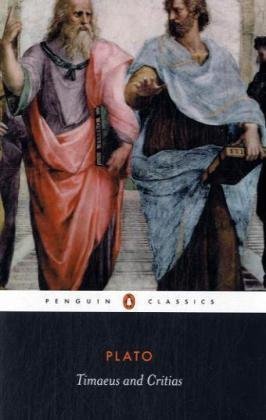What do you think?
Rate this book


Paperback
First published January 1, 361
Inflammations of the body come from burnings and inflamings, and all of them originate in bile. When bile finds a means of discharge, it boils up and sends forth all sorts of tumours; but when imprisoned within, it generates many inflammatory diseases, above all when mingled with pure blood; since it then displaces the fibres which are scattered about in the blood and are designed to maintain the balance of rare and dense, in order that the blood may not be so liquefied by heat as to exude from the pores of the body, nor again become too dense and thus find a difficulty in circulating through veins.